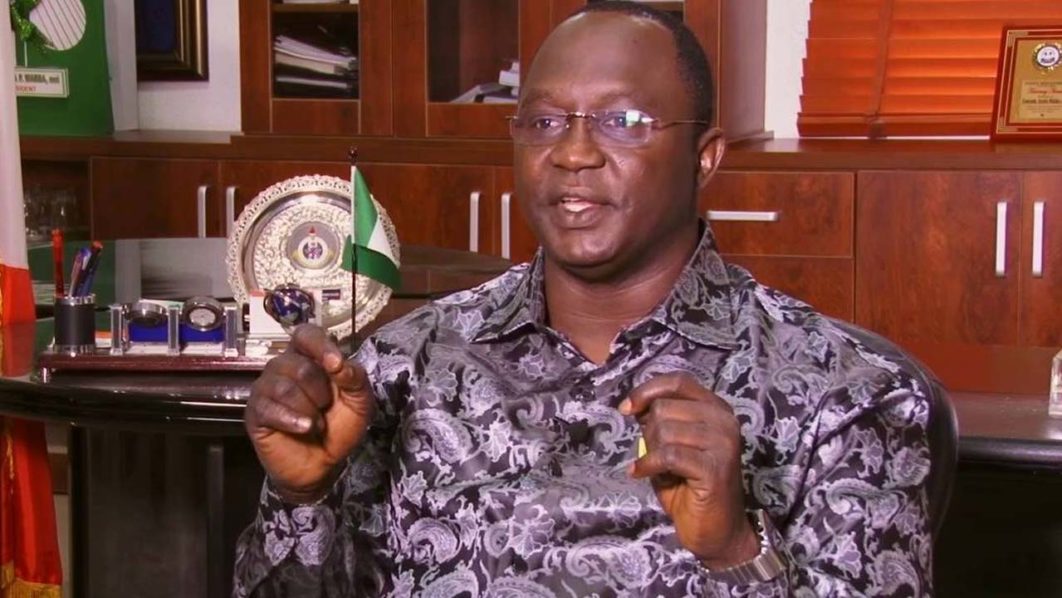
Imposition of an additional 10 per cent tax on locally-produced carbonated drinks will increase the level of hunger in the country, the Nigeria Labour Congress (NLC) has warned.
In a letter to President Muhammadu Buhari, dated November 27, 2021, and made available to newsmen in Abuja, yesterday, President of NLC, Ayuba Wabba, said workers that rely on bottle of soft drink and snacks to stay focused on their job would have to pay more for such quick-fix food.
NLC also argued that imposing additional tax might lead to increased redundancy in the sector.
According to Wabba, using obesity to justify the imposition is not only untenable, but laughable. Urging the National Assembly to quickly amend the sections of the Finance Act 2022 that re-introduced excise duties on non-alcoholic and carbonated drinks, it requested government to engage employers in the sub-sector and organised labour in sincere discussions on other options that could deliver a mutually satisfying solution on this issue.
Labour stated: “The re-introduction of excise duty on non-alcoholic, carbonated and sugary drinks will impose immense hardship on ordinary Nigerians, who easily keep hunger at bay with a bottle of soft drink and maybe a loaf of bread. Our concern is the mass hunger that would result from the slightest increase in the retail price of soft drinks, as the product would be priced beyond the reach of millions of ordinary Nigerians.”
Congress is equally worried by the complaint of manufacturers of soft drinks in Nigeria that the re-introduction of excise duty on their products would lead to very sharp decline in sales, forced reduction in production, and a sure rollback in investments, with the certainty of job losses and possible shutdown of their manufacturing plants.
NLC noted that tyre manufacturing companies such as Dunlop and Michelin laid similar complaints in years past, but government overlooked it until the two companies relocated to Ghana.
It added: “With 38 per cent of the entire manufacturing output in Nigeria and 22.5 per cent share representation of the entire manufacturing sector in Nigeria, the food and beverage industry is the largest sub-sector in our country. It has generated N202 billion as Value Added Tax (VAT) in the past five years, N7.3 billion as Corporate Social Responsibility (CSR) and has created 1.5 million decent jobs both directly and indirectly. There is thus the fact that the industry is the goose that lays the golden egg, and must be kept alive.”
While finding justification in the obesity argument, the congress wondered why the same Federal Government finds it difficult to impose such tax on sugar, which is the primary driver of obesity.
“The health reason proffered by government for the re-introduction of the excise duty seems altruistic. Yet, we are amiss why the government did not place the excise duty on sugar itself as a commodity rather than on carbonated drinks. The truth of the matter is that additional increase in the retail price of carbonated drinks would put more Nigerians at risk of serious health challenges, as many people would resort to consuming sub-standard and unhygienic drinks as substitutes for carbonated drinks,” it noted.



